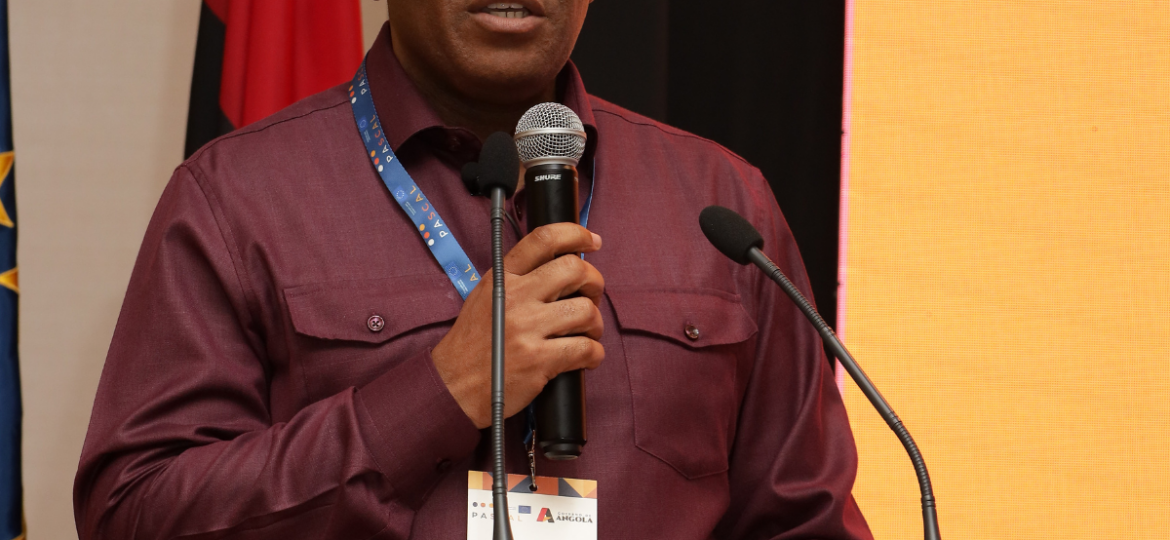
The Ministry of Territorial Administration (MAT), in partnership with the European Union (EU), is implementing the Civil Society and Local Administration Support Project, called PASCAL.
The objective is to promote more active citizen participation in public life. To this end, the action has focused on working with municipal administrations and Social Communication, especially with professionals from the five provinces where the project is initially being implemented: Benguela, Huambo, Huíla, Luanda and Malanje.
Recently, PASCAL brought together Social Communication (CS) professionals to discuss active citizen participation and the role of communication in promoting citizenship. There is no doubt that citizen participation is fundamental to strengthening democracy and promoting a more just and egalitarian society. This participation manifests itself in different ways, not only in involvement in electoral processes, where there is an intense movement of party organizations, but also after the elections, when a greater social movement is expected, which, unfortunately, is practically non-existent.
Unfortunately, many organizations that emerge to help communities or citizens get lost, leaving the impression that they have not drawn up a clear roadmap for their actions. By informing citizens about their rights and duties, as well as about the functioning of public institutions, civic education enables people to engage more effectively. Awareness programs and initiatives that encourage public debate are essential to fostering a culture of participation.
It is important to emphasize that citizen participation should not be seen only as a right, but also as a duty and a responsibility. Every citizen has a role to play in building a more democratic and participatory society. Therefore, encouraging active participation in public life is a fundamental step in ensuring that political decisions truly reflect the needs and aspirations of the population.
The media also play an important role in promoting citizenship. In an increasingly connected world, the way CS addresses civic issues can directly influence citizen participation in public life. In everyday life, it is common for citizens to seek out CS bodies to “complain” about a broken water pipe or the vandalism of an energy transformation box, instead of contacting the local Administration to report the problem or find out if are aware of what happened and what steps are being taken to resolve it. This attitude can be attributed to the way in which administrations relate to citizens.
When the community faces unsolvable problems, they often blame the CS for not investigating their concerns, even if they did not alert or call the Administration to account. It is essential that everyone understands that a journalist, before being a professional, is also a citizen. Therefore, it is important to recognize that, in addition to rights, there are duties.
For this action to be successful, PASCAL sees the need to include Social Communication in its action plan, as it has the responsibility to inform the population about rights, duties and relevant social issues, using its various tools. Through reports, documentaries and educational programs, CS can help raise awareness among citizens about the importance of their active presence in society. Information about electoral processes, public policies and human rights is essential for citizens to exercise their citizenship in an informed manner.
However, the role of SC in promoting citizenship is multifaceted and essential for strengthening democracy. By informing, debating, mobilizing and monitoring, the media not only empower citizens, but also contribute to building a more participatory and conscious society.
Source: Jornal de Angola
- Pereira Santana
- Executive Director of the Angolan Newspaper

